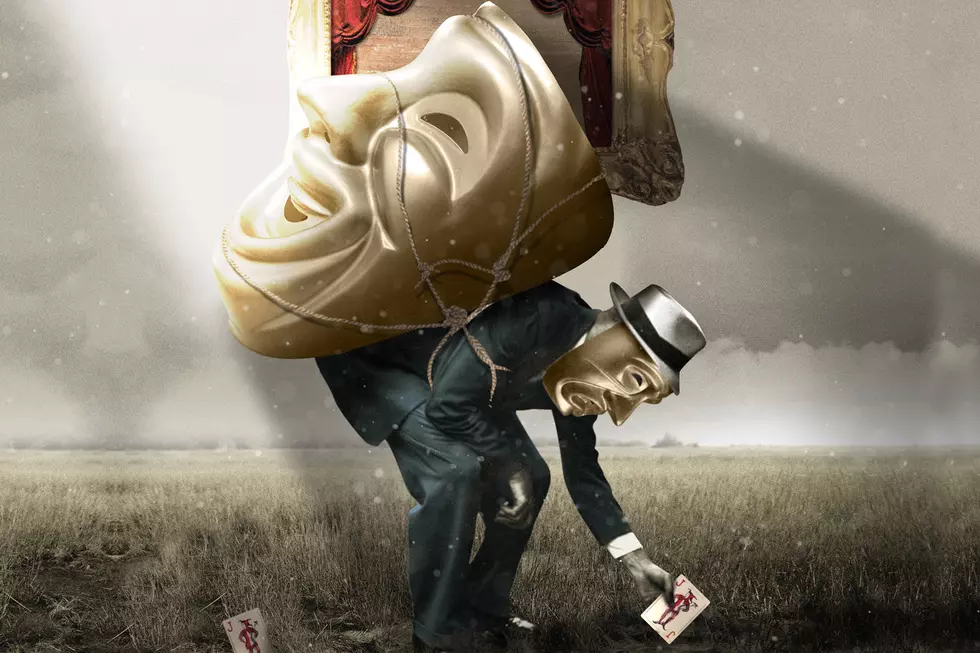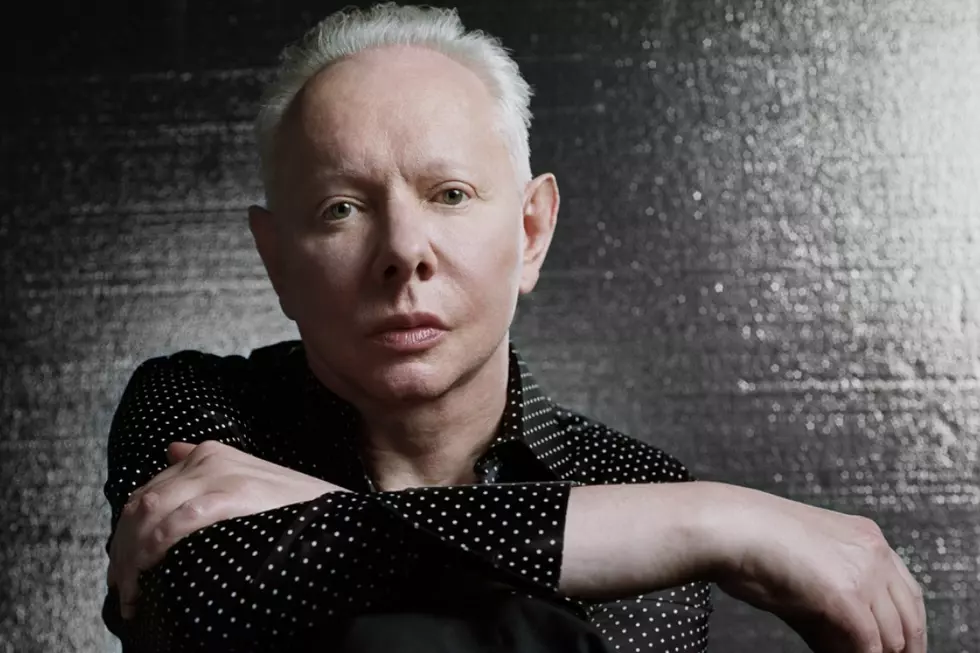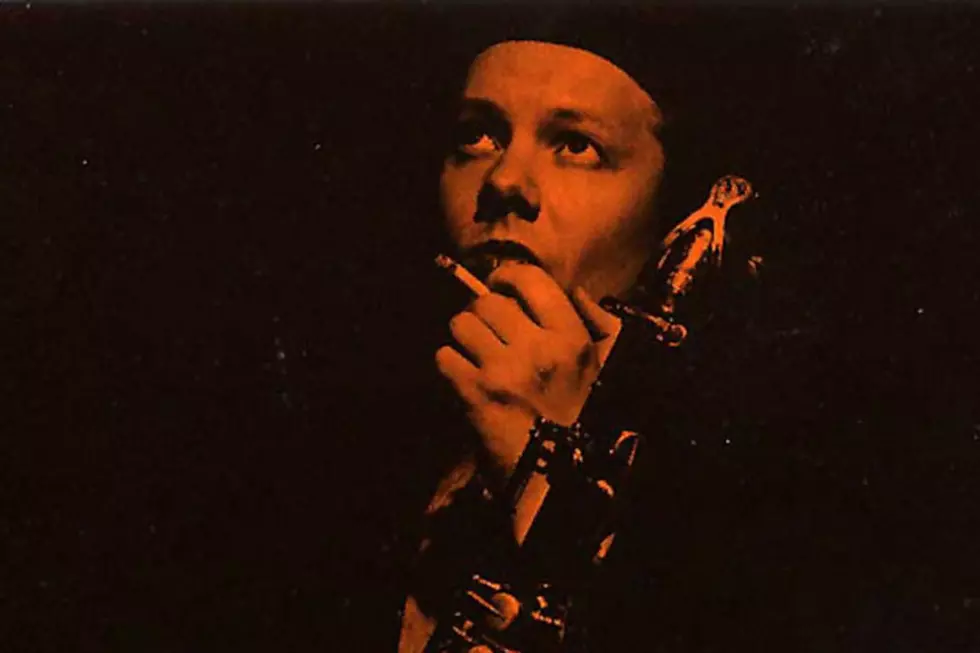35 Years Ago: Joe Jackson Band Goes Out With a Bang on ‘Beat Crazy’
Always restless, Joe Jackson made no apologies for taking an abrupt stylistic turn with his reggae-tinged Beat Crazy, released in October 1980. In fact, it would be the first of many for an artist clearly intent on breaking out of the new wave/post-punk box he'd found himself trapped in after releasing Look Sharp! and I'm a Man in 1979.
So long, box: After Beat Crazy, Jackson promptly broke up his band, then began exploring things like early R&B on 1981's Jumpin' Jive and salsa on 1982's Night and Day. This album, in fact, began a lengthy journey which Jackson felt mirrored that of his musical heroes.
"Eclectic seems to make some people think that it's not authentic, that there isn't an authentic voice there," Jackson told Metro Active in 2001. "But a lot of the greatest artists in history were very eclectic and were just all over the place and broke all the rules and everything else, including ... Beethoven and the Beatles. But I think that the thread going through it is just me. It's my personality and my voice and putting different elements together. I think you just see different sides of it on different albums."
In fact, there's still plenty of the flinty attitude of Look Sharp! to be found here. But Beat Crazy began craftily stirring in offbeat stuff like rocksteady, dub and ska during standout moments that included "In Every Home," "Mad at You," "Battleground," "Pretty Boys" and the title track. Jackson even hints at what's to come on 1984's jazz-focused Body and Soul with the involving "One to One."
Alas, Beat Crazy didn't sell all the well, failing to crack the Top 40. But something exciting was happening creatively. You can almost hear Joe Jackson kicking at the sides of that box. "Rock and roll is too narrow and limiting," he told The New York Times in 1982. "That's why I've been trying to make connections with earlier traditions. ... There's so much about rock-and-roll tradition that I hate. The idea of 'hope I die before I get old,' for instance. For me, whatever golden age there was in rock is definitely long gone."
He kept searching for that next thing, only briefly reforming the Joe Jackson Band – which featured Gary Sanford, Graham Maby and Dave Houghton – for 2003's Volume 4. But just that quickly, Jackson began to chafe at those latent expectations all over again. He'd later release a tribute to American music legend Duke Ellington that topped the jazz charts.
The Top 100 Rock Albums of the '80s
This Day in Rock History: October 25
More From Ultimate Classic Rock









